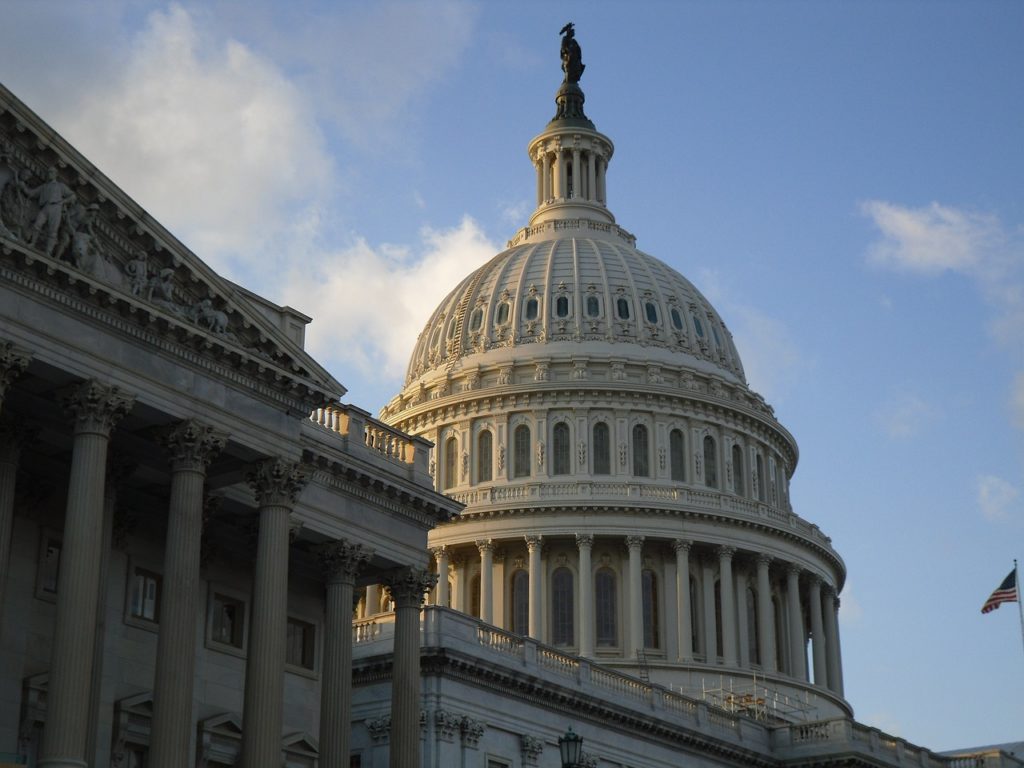The influential Ways and Means Committee within the U.S. House of Representatives has convened a Rural and Underserved Communities Health Task Force to consider health care delivery challenges in rural areas. The move comes as both chambers of Congress consider versions of legislation to expand hospice in rural locales.
The Rural Access to Hospice Act (S. 1190/H.R. 2594) was introduced in the Senate by Sens. Shelley Moore-Capito (R-W.Va.), Jeanne Shaheen (D-N.H.) and in the House by Reps. Ron Kind (D-Wis.) and Jackie Walorski (R-Ind.).
If enacted, the bill would remove a statutory barrier to hospice utilization in rural communities by allowing physicians in Rural Health Centers and Federal Qualified Health Centers to serve as attending physicians for patients in hospice. Both types of centers would be able to bill Medicare for hospice attending physicians services, which the law currently prohibits.
Four bipartisan co-chairs will lead the new task force, including Reps. Danny Davis (D-Ill.), Terri Sewell (D-Ala.), Brad Wenstrup (R-Ohio), and Rep. Jodey Arrington (R-Tex.).
“There is no question that our country is facing a serious crisis in ensuring that rural Americans have the same access to quality care and medical services as their urban and suburban counterparts,” Arrington said. “That is why, now more than ever, it is critical we develop sustainable solutions to support those living in America’s breadbasket and energy basin.”
Rural families have less access to hospice care programs than people in more concentrated populations, according to a 2015 study. Rural counties are less likely to have a Medicare-certified hospice than urban counties, and the service area of the nearest hospices may not extend far enough to reach some rural patients.
Challenges delivering hospice care for rural programs include geography, resources, and staff education and retention. Geographical challenges in rural areas consist of unpredictable access to patient homes due to weather, topographical features, poorly maintained roads, and long distances between homes, the study found.
Hospice organizations praised the establishment of the task force.
“The launch of this task force is an exciting opportunity to work collaboratively with lawmakers on access issues impacting rural and underserved populations – that are of particular importance to the hospice provider community,“ said Edo Banach, president and CEO of the National Hospice & Palliative Care Organization. “Specifically, passing the Rural Access to Hospice Act is a bipartisan solution in line with the stated goals of this task force. Americans in both rural and underserved areas value and deserve high-quality, person-centered hospice care as much as anyone else, without additional hurdles to overcome in order to access care at the end of life.”



